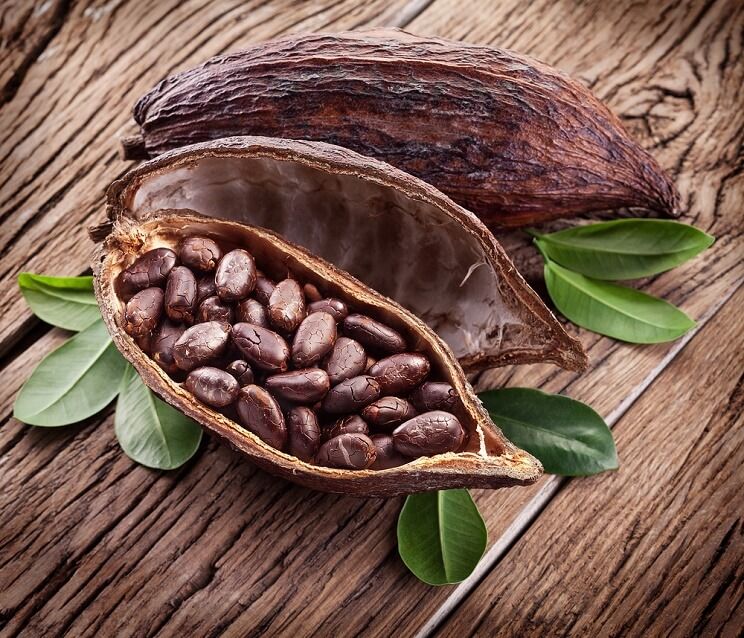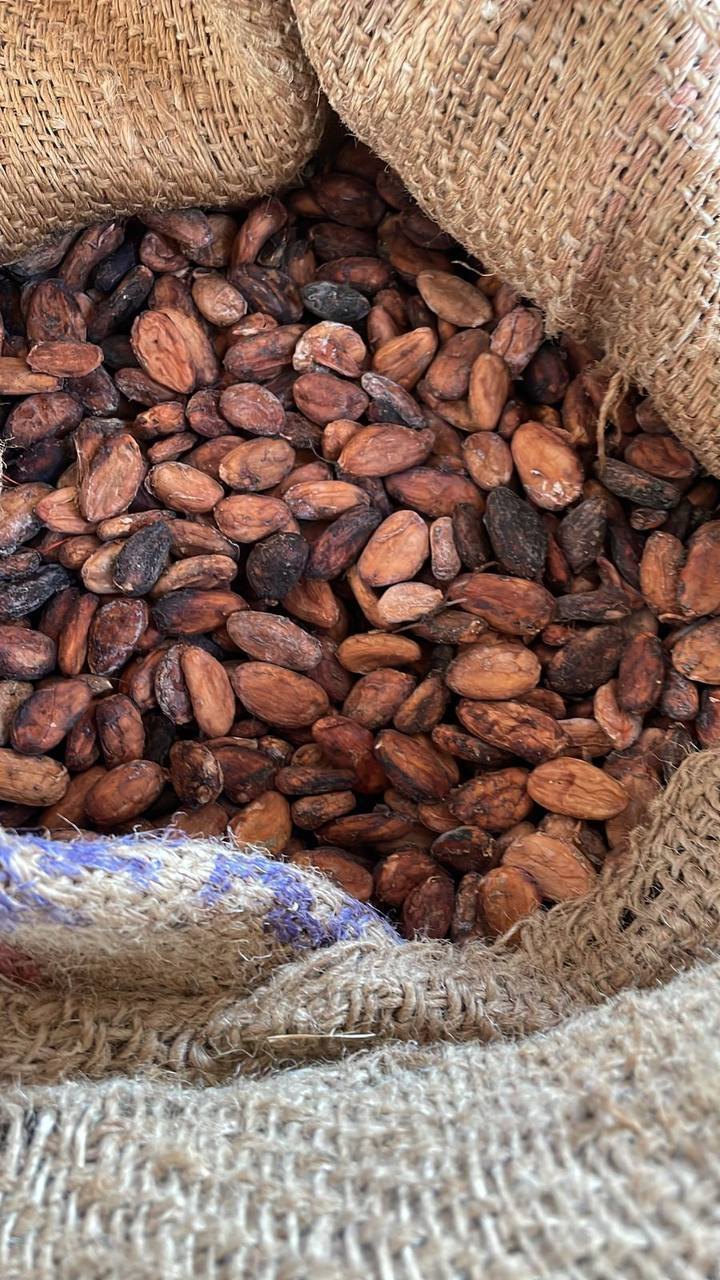
Chocolate originated in ancient Mesoamerica, where civilizations like the Olmecs, Mayans, and Aztecs cultivated cacao trees and developed unique methods of preparing it. Early chocolate was not the sweet treat we know today, but rather a bitter, frothy beverage, often mixed with spices such as chili peppers, vanilla, and cornmeal. Revered as the "food of the gods," it was consumed by the elite during rituals, celebrations, and even used as a form of currency due to its high value. The Aztecs, in particular, prized cacao beans more than gold, and their ruler Montezuma was said to drink dozens of cups of the chocolate beverage, or xocolatl, a day.
Following the arrival of Spanish conquistadors in the 16th century, cacao was introduced to Europe. Spanish friars and nobles discovered the unique beverage, and while initially unpalatable to some, it was soon adapted to European tastes. The Spanish added cane sugar, cinnamon, and other sweet spices to temper the bitterness, transforming it into a popular luxury item for the wealthy and aristocratic. This sweet chocolate beverage spread from Spain to the royal courts of France, England, and Italy, where it became a symbol of status and sophistication.
For centuries, chocolate remained a drink accessible only to the privileged, produced in labor-intensive and expensive processes. However, the Industrial Revolution in the 19th century brought about several key innovations that democratized chocolate. In 1828, Dutch chemist Coenraad van Houten invented the cocoa press, which could extract cocoa butter from roasted beans, leaving a fine cocoa powder. This process, known as "Dutching," made chocolate cheaper and easier to mix into a paste, paving the way for mass production.
The invention of the solid chocolate bar came next, in 1847, by British chocolate company J.S. Fry and Sons, who used the cocoa press to combine cocoa butter with cocoa powder and sugar. Just decades later, in 1875, Swiss chocolatier Daniel Peter partnered with Henri Nestlé to create the first milk chocolate bar by adding condensed milk. These advancements, along with Rodolphe Lindt's 1879 invention of the conche—a machine that produces a silky, melt-in-your-mouth texture—solidified chocolate's modern form and made it affordable for the general public.
Today, chocolate has evolved into a global industry, with a vast array of products from fine dark chocolate to everyday candy bars. The journey from a bitter ritualistic drink of Mesoamerican royalty to a universally loved sweet treat is a testament to cultural exchange, technological innovation, and evolving tastes. Despite its transformation, the rich and complex history of chocolate continues to be celebrated by artisans and mass-producers alike, ensuring that this "food of the gods" remains a beloved part of human culture

